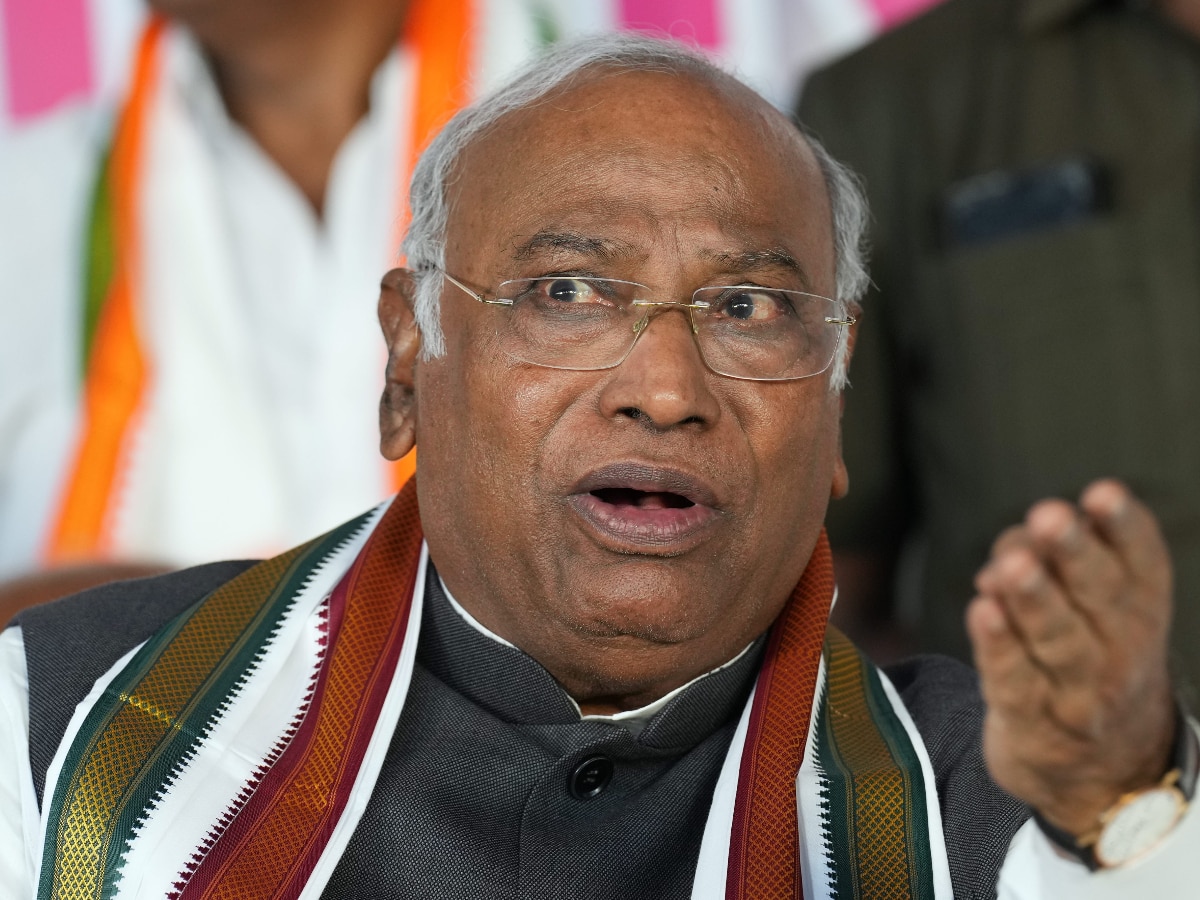Following the recent devastating triple train collision in Odisha, Congress President Mallikarjun Kharge has penned a letter to Prime Minister Narendra Modi expressing his concerns about the current state of Indian Railways. In his correspondence, Kharge characterised the accident as an "eye-opener" and labelled it as "one of the worst in Indian history." Highlighting the significance of railways as a reliable and cost-effective mode of transportation for most Indians, Kharge criticised the "superficial" measures taken to address systemic issues.
Kharge vehemently criticised Union Railway Minister Ashwani Vaishnav's assertion that the root cause had already been identified but warranted a Central Bureau of Investigation (CBI) probe. He emphasised that the CBI's jurisdiction is primarily focused on criminal investigations and lacks the technical expertise required to address the intricate complexities of railway safety, signalling, and maintenance practices. Kharge argued that accountability for technical, institutional, and political failures within the Indian Railways cannot be determined solely by law enforcement agencies.
"I say with remorse that instead of focusing on strengthening the railways at the basic level only superficial touch up is being done to stay in news. Instead of making the railways more effective, more advanced, and more efficient, it is instead being meted out with step-motherly treatment," the Congress president said in his four-page letter.
Drawing attention to the shortage of manpower within the system, the Congress president pointed out that locomotive pilots are burdened with excessive workloads, ultimately contributing to accidents.
Citing the Principal Chief Operating Manager of South West Zonal Railway, who had warned about potential accidents due to the deteriorating signalling system, Kharge underscored the urgency of repairing and maintaining critical infrastructure.
Additionally, Kharge highlighted the significant number of vacant positions within the railway sector, including 8,278 posts in the East Coast Railways where the tragic incident occurred. He noted that some of these key positions require approval from the Prime Minister's Office and the Cabinet Committee. Kharge raised concerns about the threat posed to the job security of individuals belonging to SC/ST/OBC and EWS categories due to the high number of vacancies.
Referring to the Parliamentary Standing Committee's report on Transport, Tourism, and Culture, Kharge criticised the Railway Board's negligence towards the recommendations of the Commission of Railway Safety (CRS). The report highlighted the CRS's limited investigation into only 8% to 10% of train accidents. Furthermore, Kharge cited a CAG audit report that pointed out the alarming number of derailments and the government's disregard for safety concerns.
Kharge expressed disappointment with the privatisation of railways, which had faced opposition during Parliamentary proceedings. He argued that the government's decision-making lacked transparency and consultation, potentially exploiting the railways for private companies benefit.
As passenger safety concerns continue to escalate, Kharge called on the government to shed light on the underlying causes of the Odisha accident.


